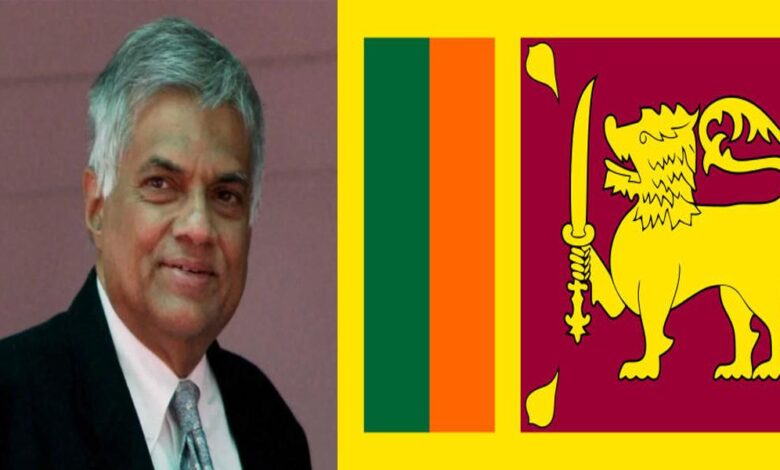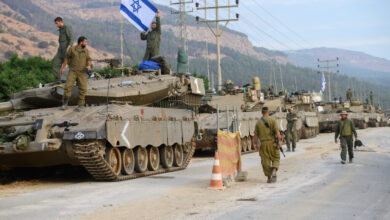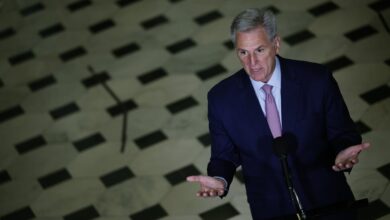Ranil Wickremesinghe becomes Prime Minister

Colombo, Ranil Wickremesinghe has been made the new Prime Minister of the country amid the ongoing economic crisis and terrible political crisis in Sri Lanka. He has been the Prime Minister of the country five times before this. However, this time his party has only one MP in the Sri Lankan Parliament. It is worth noting that Mahinda Rajapaksa had resigned from the post of Prime Minister on Monday due to the ongoing violent protests in the country. Even after that the violence has not stopped. So far nine people have died, including one MP.
However, to avert the political crisis arising out of the Prime Minister’s resignation, President Gotabaya Rajapaksa has announced the formation of a unity government by joining all the parties. Under this, he administered the oath to United National Party leader Ranil Wickremesinghe as Prime Minister. Ranil Wickremesingh had resigned from the post of Prime Minister in 2019 due to pressure from his party. Ranil, 73, is considered the best political administrator of the country and is also considered a pro-American. It is being told that soon the new cabinet will also take oath.
Meanwhile, in a significant development, a court has barred former Prime Minister Mahinda Rajapaksa and eight of his close aides from leaving the country. It is being told that their passports are being confiscated. It is worth noting that Mahinda Rajapaksa has also been the President of the country and he is the elder brother of the current President Gotabaya Rajapaksa. After resigning on Monday, he left home to avoid public outcry and is hiding under tight security at a naval base.
On the other hand, Sri Lanka’s Central Bank Governor P Nandalal Veerasinghe, who is facing economic crisis, has said that he will step down if the country does not achieve political stability within the next two weeks. He said that efforts to recover the country’s economy will fail unless a solution to the current political crisis is found. Significantly, Sri Lanka’s foreign exchange reserves have become empty, the country has defaulted in repaying debt and the prices of essential commodities have increased manifold.






